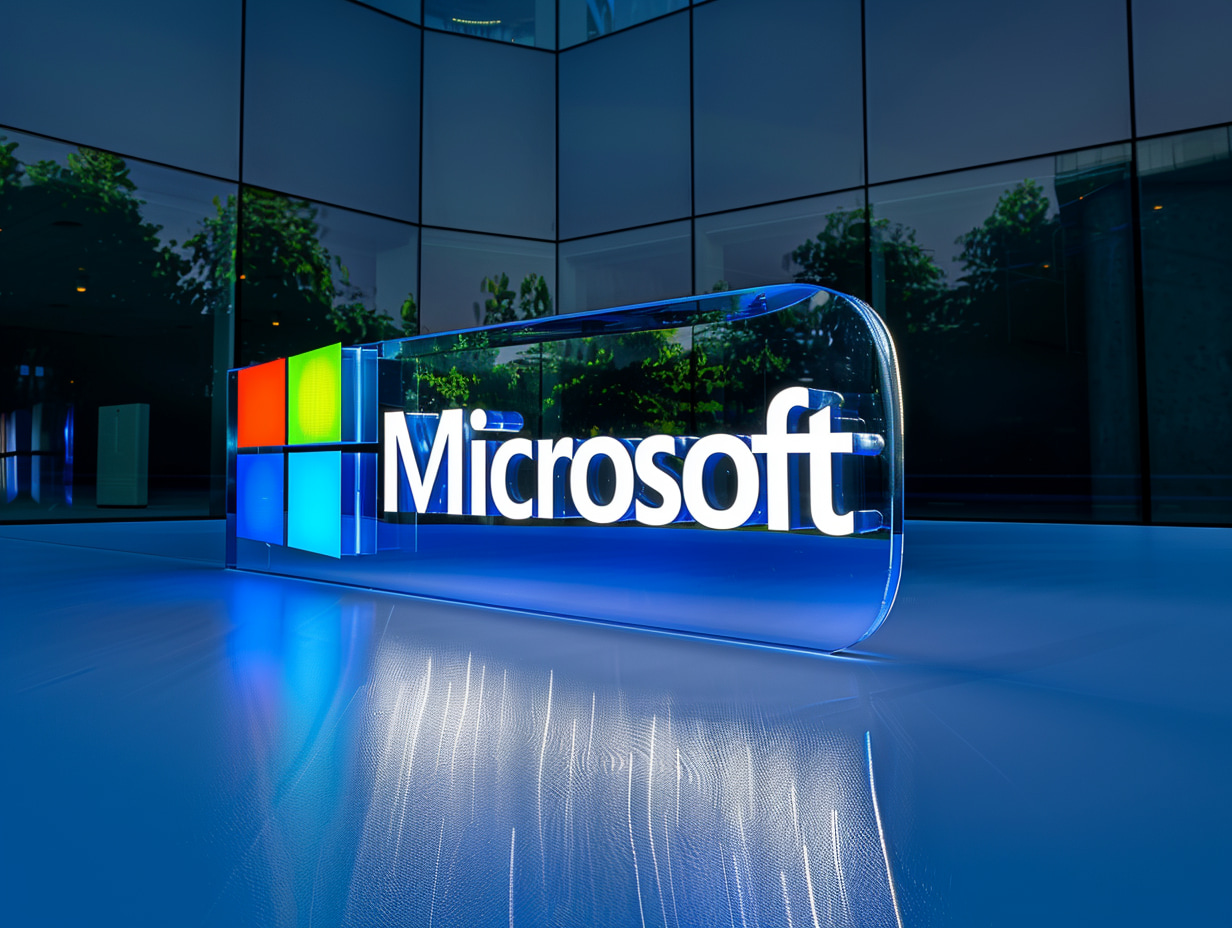Microsoft’s $13 billion bet on OpenAI was borne out of a concern that the company was already losing to Google in the AI race, according to a 2019 internal email exchange between Microsoft’s chiefs, released on Tuesday.
“I got very, very worried,” Says Microsoft CTO
In the email captioned “Thoughts on OpenAI,” Microsoft’s Chief Technology Officer, Kevin Scott, told the company’s CEO Satya Nadella and Co-founder Bill Gates that he was “highly dismissive” of the earlier AI efforts of Google and that “that was a mistake.”
“When they took all of the infrastructure that they had built to build NLP models that we couldn’t easily replicate, I started to take things more seriously,” Scott said.
“And as I dug in to try to understand where all of the capability gaps were between Google and us for model training, I got very, very worried.”
Scott admitted in the email that Microsoft was multiple years behind the competition in terms of ML scale. He said it took Microsoft approximately six months to train its model, while Google had its BERT-large model six months prior.
“So in the time that it took us to hack together the capability to train a 340M parameter model, they had a year to figure out how to get it into production and to move on to larger scale, more interesting models,” Scott wrote.
ChatGPT, AI Tools May Have Been Released Earlier If Not for Google’s Monopoly
The email was released as part of the antitrust case against Google. However, only a small part of the email was made public after several media outlets had pushed for its release, Bloomberg reported. Most of the content remains redacted.
According to the complaint filed by the Department of Justice, Google uses strong-arm tactics to dominate a staggering 90% share of Internet searches. The DOJ alleged that Google paid large sums to companies like Apple to make Google the default search engine for their products.
In its argument, the DOJ said some AI innovations, like ChatGPT, may have been released years earlier if Google had not monopolized the search market.





